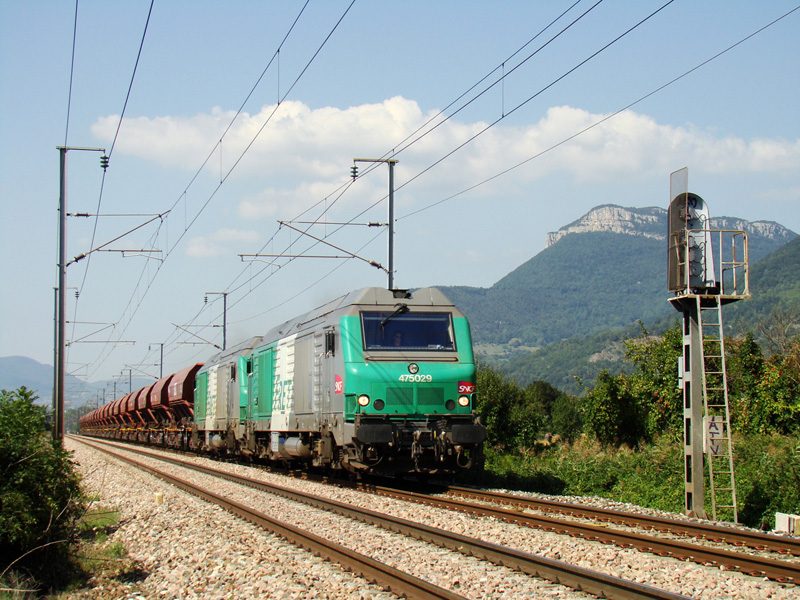French railway reforms adopted, strikes continue

French railway reforms have been adopted by the National Assembly, confirming most of Emmanuel Macron’s plans to drastically restructure state-owned railway company SNCF. The plan was approved with 454 against 80 votes in favour of the new railway pact.
This was reported by ANP. The decision comes at the backdrop of massive strikes, held by union organisations of SNCF. Since the beginning of this month, strikes are held every two out of five days, a regime continuing until the end of June. The strikes are a response to the ambitions of Macron. On the programme are a restructuring of SNCF, a revision of the social contract of railway staff, opening up the market for competition and various forms of investments to improve competitiveness of the railway industry at large.
A new SNCF
From 1 January 2020 SNCF will be a national public company with two subsidiaries: SNCF Réseau and SNCF Mobilités. Fret SNCF will be restructured as a wholly-owned subsidiary of SNCF Mobilités. The capital of the national company will be fully owned by the state, contrary to earlier plans of the government to have no capital in the company.
Unions fear that this is a first step towards privatising the SNCF — a claim the government denies. In 2016, Fret SNCF faced a total debt of 4.3 billion Euros, despite a recapitalisation by the government in 2005. Net debt has been forecast to reach 5.1 billion Euros by 2020. The restructuring is supposed to result in more financial transparency.
Social contract
The revision of the social contract of SNCF is still debated. It is among the most controversial topics, as staff currently enjoys a special status with jobs for life and early retirement. Average gross pay of rail freight subsidiary Fret SNCF staff increased by 2.8 per cent annually between 2008 and 2014, compared with an average increase of 1.6 per cent across the broader transport sector. The cost and working conditions of SNCF staff are seen as one of the causes of a lack of profitability of the company.
Although Macron had proposed to bring working conditions of SNCF to the same level as any working person in France, the outcome of the debate is not yet clear. A point of discussion is whether staff will retain this status if operations were to be awarded to private parties. Moreover, it is not decided whether new staff should be hired under different conditions, according to French newspaper Le Figaro.
Revamping rail freight
On the same day (16 April), Prime Minister Eduard Phillippe, Environment Minister Nicolas Hulot and Transport Minister Elisabeth Borne announced several measures targeting the rail freight sector in particular. Among these measures is the ambition to review track access charges to make them more competitive, as they had risen to high, according to media reports. SNCF is further tasked with the setup of a business plan, which should revamp the rail freight sector. Measures should include infrastructure improvements, dedicated freight lines, quality train paths for freight and a more robust traffic management policy.
Apart from this, the French railway market will be opened for competition, a measure aimed at improving the overall quality of the sector. Competition will be permitted in the form of open access, as well as franchised operations, although open access competition will not commence until 2020. Regional franchisees will be able to respond to tenders as soon as December 2019, reported Le Figaro.
You just read one of our premium articles free of charge
Want full access? Take advantage of our exclusive offer





